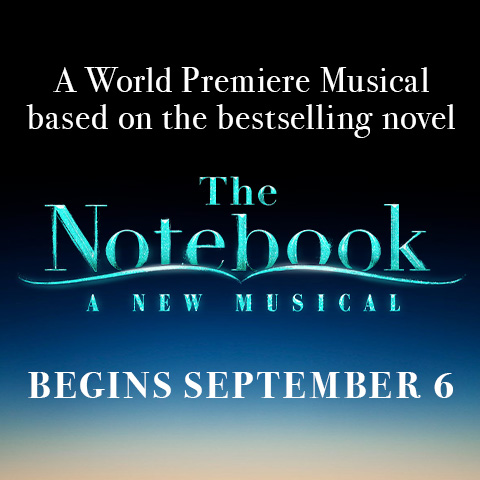
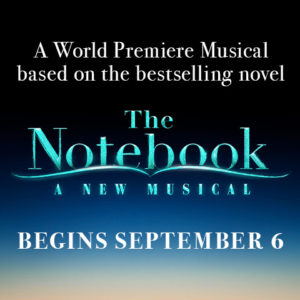 On Monday night, August 23rd, composer Ingrid Michaelson and playwright Bekah Brunstetter talked about “The Notebook: A New Musical”, based on the beloved novel “The Notebook” by Nicholas Sparks and the highly acclaimed film of the same name, starring Ryan Gosling, Rachel McAdams, James Garner, and Gena Rowlands. As part of the buildup to the upcoming world premiere performance, the Music Box Theater screened the 2004 movie “The Notebook”; this was followed by a joint interview with the musical’s co-creators. During the aftertalk, Michaelson and Brunstetter explained how they took a funny yet tragic romantic tale, near and dear to their hearts, and adapted it into (what they call) a “companion piece.” What this means is that their forthcoming show is intended to enhance the original story and not supplant it. It will tell the tale in a somewhat different way from either the book or the movie and is not supposed to be a substitute for either one.
On Monday night, August 23rd, composer Ingrid Michaelson and playwright Bekah Brunstetter talked about “The Notebook: A New Musical”, based on the beloved novel “The Notebook” by Nicholas Sparks and the highly acclaimed film of the same name, starring Ryan Gosling, Rachel McAdams, James Garner, and Gena Rowlands. As part of the buildup to the upcoming world premiere performance, the Music Box Theater screened the 2004 movie “The Notebook”; this was followed by a joint interview with the musical’s co-creators. During the aftertalk, Michaelson and Brunstetter explained how they took a funny yet tragic romantic tale, near and dear to their hearts, and adapted it into (what they call) a “companion piece.” What this means is that their forthcoming show is intended to enhance the original story and not supplant it. It will tell the tale in a somewhat different way from either the book or the movie and is not supposed to be a substitute for either one.
For those unfamiliar with the story of “The Notebook”, it has to do with exploring the depths of “love, loss, and rediscovery.” More specifically, it depicts the romance between the two main characters Allie and Noah at different points in their lives. The tale of first love is told via Allie’s handwritten notebook about their evolving youthful, if not crazy, relationship. But years later when Allie suffers from dementia as an older adult and resides at an Alzheimer’s care facility, Noah gets the idea to read her own notebook back to her as a means of spurring her previous memories of their lives together. Perhaps she might be able to finally remember him and the enthusiastic passion they once shared for each other. Despite their doctor’s grounded skepticism, Noah persists in his mission, hoping beyond hope that his beloved Allie can finally return to him. What hinges the story together is an optimism both on Noah’s part and on the part of the audience. “Will she recover?” we ask ourselves, and we enjoy seeing a husband’s devotion to the love of his life. Like the book and the movie before it, the musical is intended to be a tearjerker.
Of course, the incorporation of songs and music means that, by default, certain portions of a rather meaty plot have had to be cut to make room for the rest. Yet the story will continue to consist of a series of flashforwards and flashbacks as a means of portraying Allie’s and Noah’s deep affection through the years. But in the current iteration, time and place are intended to be more fluid than in either of its predecessors. Whereas the locale is North Carolina in the book and South Carolina in the movie, the musical won’t necessarily take place in the South, and we are told that it will thus be devoid of Southern accents. Moreover, the timeline will not be as strict as in the original, where we largely see the couple in the 1930s and 1940s through the early 2000s. Hence there has been a substantial shift in the philosophy underlying this new work. The implication is that Alzheimer’s can affect people in any era, including our own, so there is no need for so much reference to history and world events. As details fade in time and become more and more amorphous, this mimics the loss of memory and the decline of an Alzheimer’s patient. The new show thus heightens the tension when Allie’s growing dementia and anxiety make her incapable of knowing who her husband and children are. Likewise, when Noah is acutely aware that his wife is slipping away from one world into the next, his heart gnaws at him, and an ineffable sadness sets in. What a horrible fate to happen to both of them!
For Michaelson, “The Notebook” has been one of her favorite movies since its onset; the romance of the tale has lived on with her over the past eighteen years. For Brunstetter, having family members diagnosed with Alzheimer’s disease is tragic, and she welcomed the opportunity to express her feelings on the subject and its implications for loving relationships by writing the book for this show. As both maintain, the musical hinges on the successful layering of time periods in one’s life. The underlying idea behind the musical, then, is that human memory does not necessarily recall narratives in the time order that events take place. Rather, accounts tend to be nonlinear and intercalated with reflections from all different life experiences. While the use of a zigzag timeline is a common enough occurrence on screen, this back-and-forth is not typical of most live stage productions, where, for the most part, sequences unfold chronologically. Thus, it can be quite a challenge to depict a romance filled with memories from the past interspersed with moments from the present. So in order to bring their collective vision forward, the musicals’ co-creators teamed up with two successful Broadway directors Michael Greif and Schele Williams. Their solution is to have three different sets of actors play the loving couple as young, middle-aged, and elderly, and each set will watch as the others perform.
The venue at the Chicago Shakespeare Theatre is thought to be the ideal place for the staging of this particular story, because, according to Michaelson, maybe four or five venues in the country might have the appropriate theatre space to fit their set, plus a small chamber orchestra, made up mostly of strings and minimal percussion.
The prospect of watching this most recent addition to “The Notebook” family has definitely piqued my curiosity. I would like to see what music has been added and how the story has been retooled. What exactly has been changed from the movie and what hasn’t, and why? What will the artistry look like? The question remains as to whether the producers have tried to do too much (or too little) with so much fine source material to work with. If the adaptation has been done with skill and a fine hand, then an iconic movie will have been turned into powerful live theatre. While it’s very possible that “The Notebook: A New Musical” could be a revolutionary triumph in creativity and directing, seeing this innovative presentation manifest in person should be a thrilling experience no matter what.
“The Notebook: A New Musical” will open on September 6, 2022 and run through October 16, 2022, in The Yard at the Chicago Shakespeare Theater on Navy Pier, 800 E. Grand Avenue, in Chicago.
Tickets are $45-$125.
Discounts for groups 10 and up.
Performance schedule:
Tuesdays, Thursdays, and Fridays – 7:30 p.m.
No performance on Friday, September 23.
Wednesdays – 7:30 p.m.
No performances on Wednesday, September 7 and Wednesday, September 28.
Additional performances at 1:00 p.m. on Wednesday, October 5 and Wednesday, October 12.
Saturdays – 3:00 p.m. and 8:00 p.m.
On Saturday, September 10, there will be no 3:00 performance
and the evening show will begin at 7:30 p.m. rather than 8:00 p.m.
Sundays – 2:30 p.m.
An ASL duo-interpreted performance will take place on Friday, October 7.
An audio-described performance will take place on Sunday, October 9.
Open-captioned performances – Wednesday, October 12 at 1:00 and 7:30 p.m.
For further information about this show or to purchase tickets, go to: https://www.chicagoshakes.com/plays_and_events/notebook or phone 312-595-5600.
For general information or to learn about the Chicago Shakespeare Theater and their many offerings, visit https://www.chicagoshakes.com/.
Discounted parking is available at Navy Pier Garages.
For the latest information on COVID-19 requirements, visit https://www.chicagoshakes.com/health.


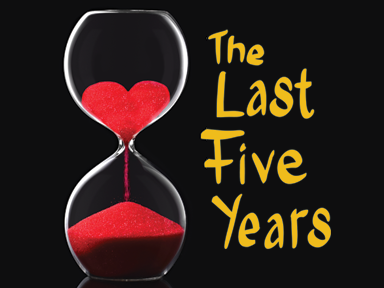

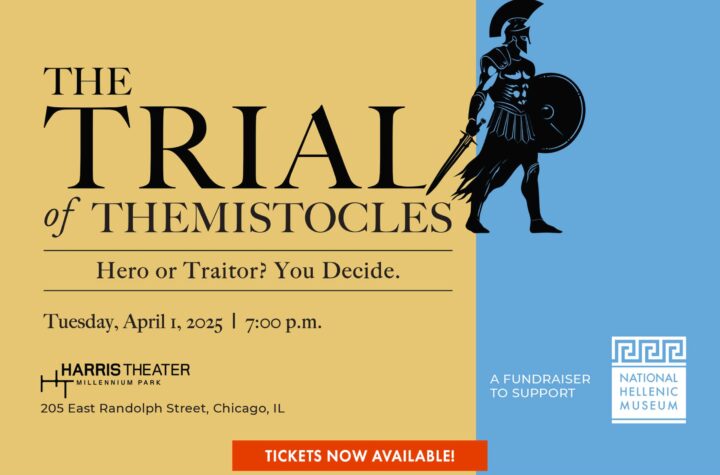
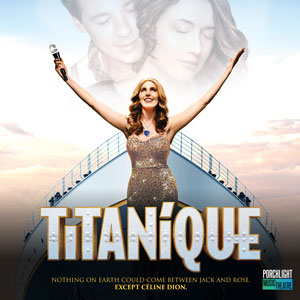
More Stories
Our Milwaukee “Staycation” 2025!
Passover
“Chocolate”